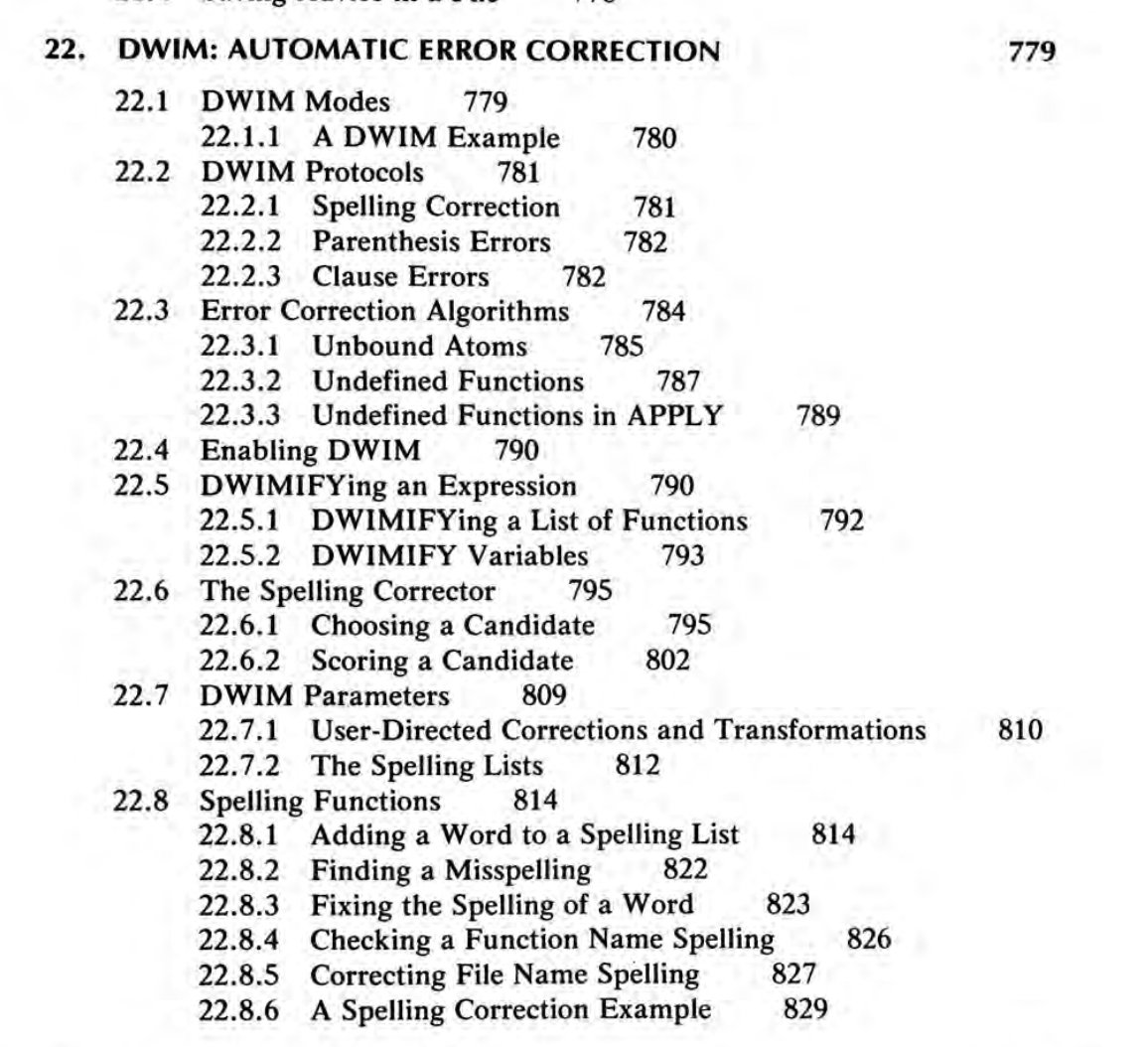
I'm fascinated by the idea of computers doing The Right thing without explicit user input.
amasad.me/right
amasad.me/right
Today this is most apparent in autocorrect, but the idea -- in a more advanced form -- goes back to the early days of computing. Interlisp shipped with a feature called Do What I Mean, which corrected spelling but also basic programming logic errors. 

A more advanced and fascinating idea is for the computer to detect intention and act on it. Humans do it all the time; we see the intention in other people and act on it.
Software too can and should do basic intention-detection and I'm surprised I don't see it much in the wild.
Software too can and should do basic intention-detection and I'm surprised I don't see it much in the wild.
At Replit we've found intent-detection to be a powerful tool in keeping the environment simple while scaling with user expertise. 

For example, package management can be a pain and can take you out of the flow of coding. So while we do have native UI for package management, we also built a system to detect your intent to install an OSS package based on your code
Intent detection is hard but worth it. It makes computers much more delightful to use. More examples here: amasad.me/right
• • •
Missing some Tweet in this thread? You can try to
force a refresh




